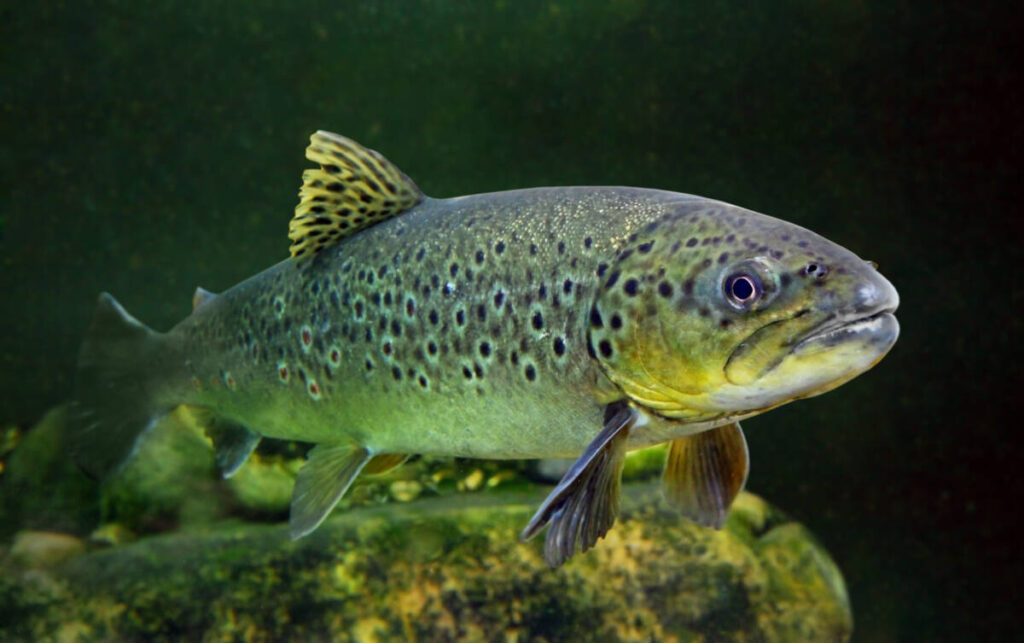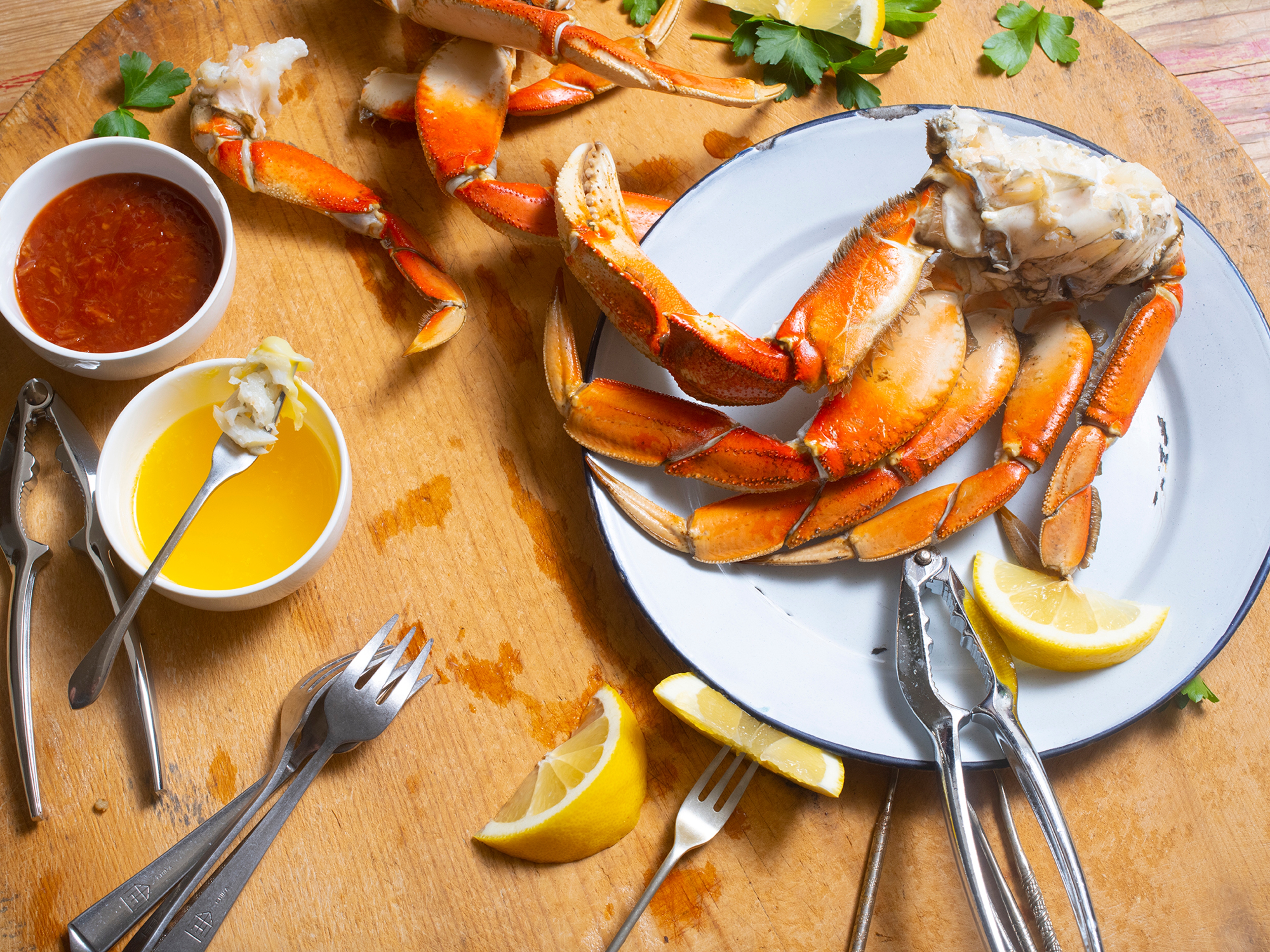Aging is the price we pay for being alive, but we console ourselves with the fact that it's universal. No creature can claim exception from its iron grip.
Right?
Well, as it turns out, some species of fish don't age; or at least, they don't age in the same ways that we do. And there may be something we can learn from that.
New research from a group of small, pristine lakes in the Canadian wilderness is offering some surprising revelations about lake trout, a species of fish closely related to salmon. Lake trout don't always stop growing as they get older, and they don't seem to die of old age very often. That got researchers wondering about what was happening inside their bodies.
By comparing younger fish to older fish, researchers from Canada and the United Kingdom were able to see that the trout didn't experience the same kind of biological wear and tear that most other animals accumulate as they age. In fact, older fish performed almost identical to younger fish on a few key tests of physical function.
It's a stark contrast to human, and indeed mammalian, biology. But the researchers say their insights could help us better understand what it means to get old, as well as new ways to counteract the aging process in humans.
The ageless lives of lake trout
Lake trout, Salvelinus namaycush, live in freshwater lakes in North America. They belong to the Salmonidae family, which includes salmon. But unlike wild salmon, which migrate hundreds or thousands of miles to the ocean and back to spawn, trout spawn in freshwater.
Canadian lake trout have pretty enviable lives, all things considered. Food is plentiful and threats are rare. That means many trout live a long time, up to 50 years, or even longer. That's in sharp contrast to salmon, who live for just a few years, and die shortly after making their heroic journeys upstream to spawn.

The oldest trout are the biggest, because trout, unlike humans, keep growing as they get older. While the trout in smaller lakes will stop after reaching a certain size, those in larger bodies of water can keep right on growing.
Fish have much to teach us
That ability makes trout the ideal subjects to test out a few different theories about aging. Many scientists think that senescence, the process by which our cells and tissues begin to break down as we get older, is the result of tradeoffs. For example, our ability to grow quickly and become stronger when we're younger may come at the cost of decreased vitality when we're older. Or, energy expended on reproduction might not be available to help maintain our bodies when we're older.
For species like humans, this makes sense. Before the modern age, threats like wild animals and disease meant human lifespans were far shorter. It made sense to reproduce when we were younger, or it might not happen at all. So, spending a lot of energy on growth and reproduction at a young age was good for the species, if not always the individual.
But lake trout face a very different environment. They have few natural predators, and the risk of death is fairly low. And because they keep growing as they age, older lake trout are actually more fertile than their younger counterparts. So, older trout face a very different trade-off than humans do. They don't need to expend a lot of energy growing quickly when they're young. That could mean they have extra energy to use for maintaining their bodies as they age.
What causes aging?
To test the theory, the researchers compared older male trout (those between 18 and 37 years old) from two lakes with younger male trout (those between 4 and 10 years old). They looked at a few key markers of aging, including the overall condition of their bodies, sperm quality and the length of their telomeres, bits of DNA at the end of chromosomes that tend to fall apart as we age.
Writing in the Proceedings of the Royal Society B they found no meaningful differences between the old and young trout in either body condition, sperm quality, or telomere length. Put another way, the old fish didn't look any older — at least in terms of those three markers. Looking at fish captured over the decades, the researchers did find a small correlation between getting older and decreasing body condition. They also noticed that older fish were slightly more likely to die overall.
The same experiment on humans would have looked quite different. The human body deteriorates noticeably as we get older (to put it bluntly). And studies show that human telomeres get shorter as we age.
But, as the trout study shows, it may not necessarily have to be that way. If the scientists' hypothesis is correct, their environment and lifestyle have led the trout to a very different process of aging. Without the need to reproduce while young, they may be able to expend their energy on things like DNA and cellular repair, helping to keep their bodies working smoothly even as they get older.

And because lake trout actually end up being more fertile as they get older and bigger, it could even mean they experience the reverse of human senescence. If older individuals have more children, evolution would favor fish that grow older. That leads the researchers to an outlandish, though perhaps logical, conclusion: Some trout might actually experience the reverse of senescence as they get older, and perhaps experience improvements in their fitness in the process. They would essentially age in reverse, in other words (though the researchers stop short of suggesting trout could become immortal).
That might sound fishy to some… but that's also the point!In any case, the study suggested that "telomere maintenance through adulthood may in part underpin the lack of apparent senescence" in trout. It's more evidence that telomeres, which we humans have as well, are keys to aging, and that more investigation into ways to preserve them is warranted.







